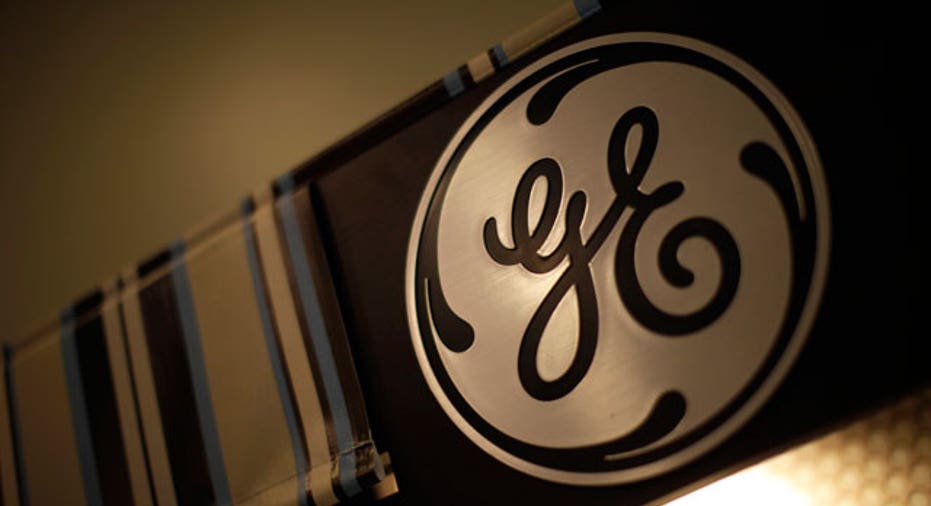General Electric Gets Punked By 'Yes Men'

The Yes Men have struck again.
In a bid to throw more attention on corporate tax loopholes, the prankster group issued a fake press release Wednesday claiming General Electric (NYSE:GE) plans to return a $3.2 billion tax refund to the U.S. Treasury Department on April 18.
After the story was picked up by The Associated Press and other media outlets, Dierdre LaTour, senior director of external communications at GE, said it was based on a hoax. GE also reiterated it didn’t receive a tax refund.
A founder of The Yes Men, Mike Bonanno, acknowledged to FOX Business that the group was the source of the press release.
Bonanno said the group issued the fake statement in an effort "to apply more pressure to the administration to make some laws that make sense for Americans instead of making laws for big businesses that are hiding their profits offshore.”
The hoax didn't appear to impact GE's stock price, which was essentially unchanged at $20.02 Wednesday morning.
Like most of its stunts, The Yes Men phony press release appeared to be a legitimate corporate statement, originating from an apparent GE email address and even quoting the company's CEO, Jeff Immelt.
The hoax quoted Immelt as saying, "We didn't write the laws that let us legally avoid paying taxes. Congress did. But we benefit from those laws, and now we'd like to share those benefits. We are proud to be giving something back to America, and we are proud to set an example for all industry to follow."
The fake statement also claimed GE planned to conduct a nationwide survey to determine how its $3.2 billion refund would be allocated.
The GE prank comes weeks after a high-profile story in The New York Times said GE claimed a tax benefit of $3.2 billion in 2010 despite global profits of $14.2 billion, including $5.1 billion in the U.S.
The story came into even greater focus due to the close relationship of Immelt with President Barack Obama.
Tax loopholes have been frequently mentioned as a counter-argument to those calling for the U.S. to lower its 35% corporate tax rate, which is the highest in the world.
In a letter to the editor in response to the Times story, GE said its 2010 overall tax rate fell below historic levels due to significant losses at its financial arm, GE Capital, not “tax avoidance” strategies.
“When you lose money, you don’t pay taxes, and that’s what happened at GE Capital,” GE said in the letter.
The Yes Men have come under criticism for their often deceitful methods.
“This method is one that we’ve come to because we’ve found no other way to get a word in edgewise. I’m sure there are better ways of doing it but this way is working for us," said Bonanno.
The publicity stunt is nothing new for The Yes Men, which has previously created hoaxes aimed at embarrassing energy giant Chevron (NYSE:CVX), Dow Chemical (NYSE:DOW) and the World Trade Organization.
For example, the activist group teamed up with nonprofit Rainforest Action Network last year in an attempt to draw media attention to what it saw as inconsistencies in a Chevron ad campaign.
“That was going to be a very boring monologue. We decided to turn that into a dialogue by presenting another version,” Andy Bichlbaum, one of founders of The Yes Men, told FOX Business at the time.



















